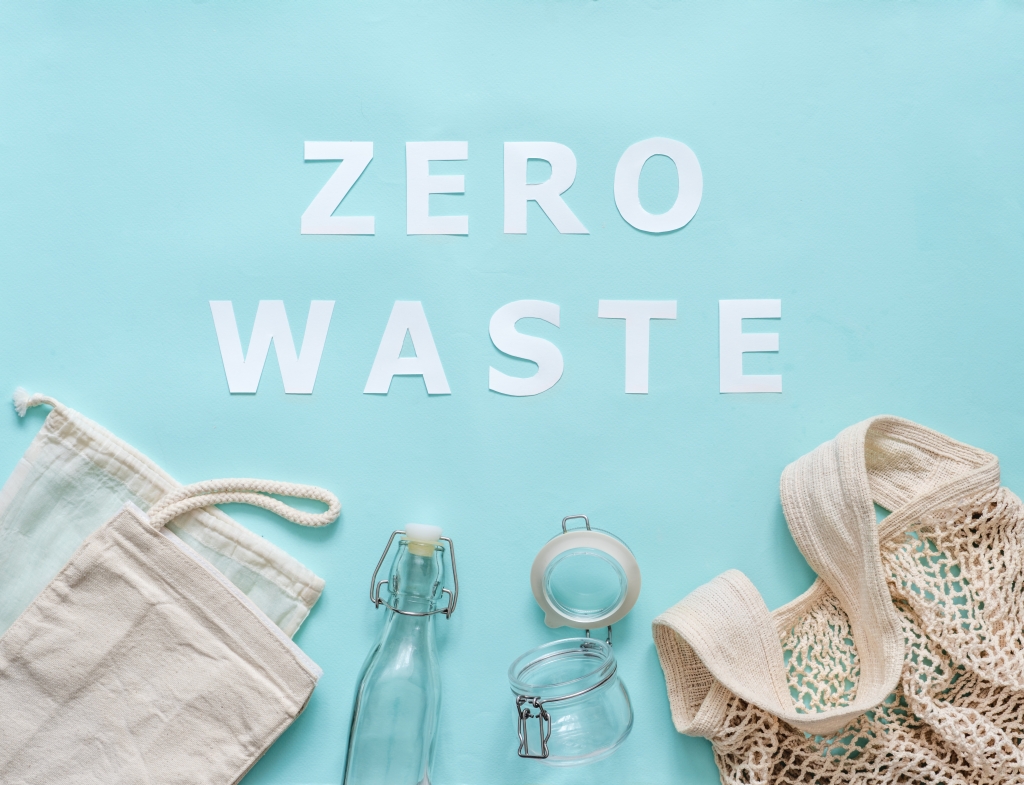Aimed at reducing the environmental impact of single-use plastics, the Single-Use Plastics Directive (EU/2019/904) prohibits placing particular single-use plastic products on the market, effectively forming a ban on the import and sale of these products come July 2021.
The Directive lists 9 categories of single-use plastic products earmarked for prohibition from the market, all of which are consumer products or consumer-use destined packaging, which have non-plastic alternatives.
The Wales Government recently published a report, which presents findings on the potential economic, social, and environmental impact in Wales of banned and restricted products included in the EU Directive 904.
The rationale of the Wales report
The report starts off with a weigh-in on the long-term costs rendered by the use of plastic products, ‘typically sold to consumers at a low price or provided ‘for free’ as part of a general product or service, such as drinking straws provided in fast-food restaurants and disposable plates at outdoor events’.
‘The external cost created by [plastic] litter is not reflected in the [plastic] product market price, and receptors and people affected by the litter are not compensated. The free market [for these products] does not lead to an efficient outcome [for impacted categories], so there is an economic rationale for some form of government intervention to address this market failure. The implementation of a legislative ban or restriction in sale [of plastic products] is one of the key options available’, it is also said in the report.
Non-plastic alternatives sales predictions between 2021-2030
The whole report analyzes the economic, social and environmental impact of a single-use plastics ban, using a quantitative model and presents the monetary value of non-plastic products over a 10-year period since the instatement of the ban, from 2021 to 2030.
The greatest economic impact estimated was seen in the increased sales value of non-plastic alternatives, which registered a surge by 11% (£14 million) across the product group as a whole.
The study does not clearly show to which degree these increased costs would affect Welsh businesses and Welsh consumers. What the study shows, however, is that the economic value generated by producing non-plastic alternatives will render a net increase in revenue for UK manufacturing.
Non-plastic alternatives to be used in Wales
Non-plastic alternatives were found for all products available to the Welsh market, with the exception of beverage carton straws, which are also used to pierce the seal on the drink.
The most common alternatives for single-use plastics mentioned in the report are manufactured from paper, wood and sugarcane.
These materials decompose much faster than plastic in the marine environment, and so the marine litter impacts will be reduced if the market switches from plastic to non-plastic single-use items as a result of the ban or restriction in sale.
It remains to be seen how this directive will be applied, given that Brexit will come into force in January 2021 and Wales is part of the UK.
The report can be viewed in PDF version HERE.

